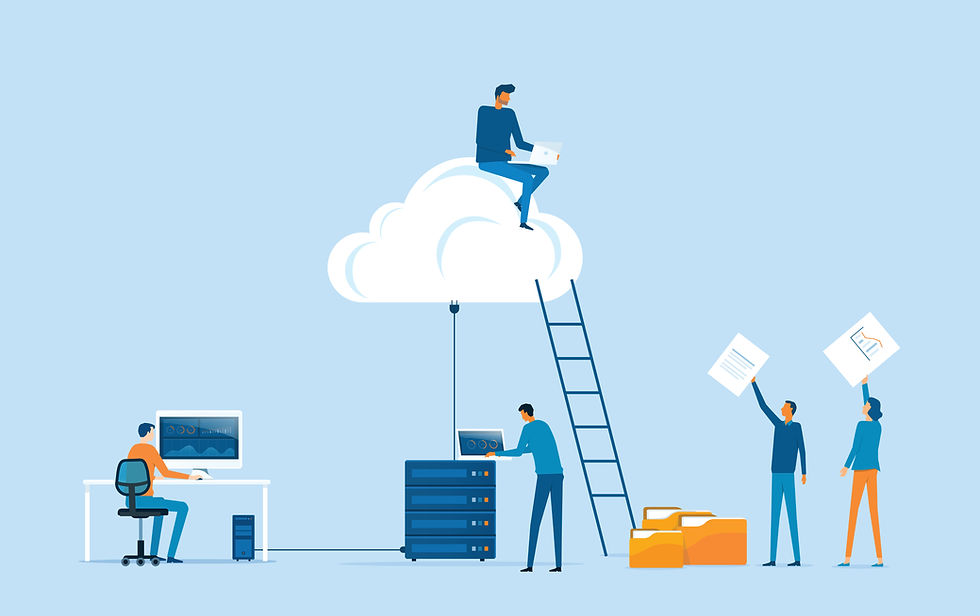How SECaaS Can Benefit Your Business
- Kirsten Doyle

- Nov 24, 2022
- 2 min read
In essence, security-as-a-service or SECaaS, is a cloud-delivered model for delivering cyber security services on a subscription basis. SECaaS has risen in popularity within enterprises, as a way to lessen the burden on in-house security teams, scale security needs along with the business, and reduce the costs associated with maintenance and updates to on-premise alternatives.
The benefits are many. Probably the most compelling is cost savings, as SECaaS usually comes in a range of subscription tiers, with a variety of upgrade options, so a company only pays for what it needs and uses. It also saves money on skills, as the service provides not only the solutions but the expertise too.
Another benefit is that users of SECaaS get to benefit from the latest security tools and solutions, without a massive capital outlay. For these tools to be effective, they need to be kept up to date with all the latest malware definitions and patches. However, unlike on-premise solutions, all patching and upgrading are handled by the service provider, on all enterprise devices and systems.
Moreover, users can be given access to these solutions instantly, and they can be scaled up and down instantly. They are there, on-demand when users need them, and because it is all handled by the service provider, IT teams can focus on more business-critical tasks. In this way, SECaaS frees up resources, while giving the business full visibility through management dashboards, and peace of mind that security specialists have an eye on your business.
The range of SECaaS services that are available is wide, offering protection from the ground up. Some examples include vulnerability scanning, continuous monitoring, anti-malware, intrusion prevention, DLP, disaster recovery, assessments, and many more.
On the downside, many organisations are concerned about SECaaS, because they fear providers having too much access to their data, which is why choosing the right provider should take time and due diligence. This task takes careful consideration, and there are several things to look out for.
Firstly, availability. Any organisation needs its network to be available around the clock, and therefore the service provider needs to be too. Ensure that any provider is able to provide the uptime your company requires and knows how to handle outages.
Rapid response is also key. Responding quickly to any event is also critical, so any provider should be able to offer guaranteed response times, not only for security events but for queries and updates.
When it comes to business continuity, a provider needs to work closely with the business to gain real insight into any weak spots in its defences, and understand how these could be exploited. In this way, they can fill any security gaps, and help the business recover rapidly in the event of an incident.
Finally, always choose a provider who works with the top security vendors out there, ones with the best solutions, as well as the knowledge and expertise needed to manage them.



Comments